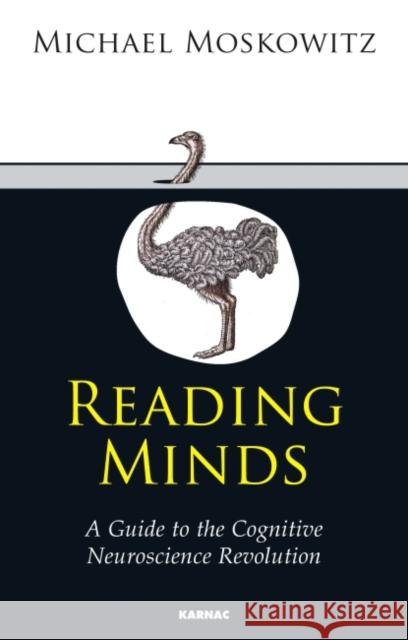Reading Minds: A Guide to the Cognitive Neuroscience Revolution » książka
Reading Minds: A Guide to the Cognitive Neuroscience Revolution
ISBN-13: 9781855757141 / Angielski / Miękka / 2010 / 248 str.
Reading Minds: A Guide to the Cognitive Neuroscience Revolution
ISBN-13: 9781855757141 / Angielski / Miękka / 2010 / 248 str.
(netto: 148,91 VAT: 5%)
Najniższa cena z 30 dni: 145,09
ok. 16-18 dni roboczych.
Darmowa dostawa!
-Many researchers live in their laboratories, and their careers and self-esteem - like most everyone's these days - are built on gaining recognition, not doing what is right. Most have never seen a patient, a person in pain, suffering the hurt of their circumstances - someone who might shock them back into seeing what they know to be true. Moreover, academics rarely read outside their area of interest and often actively ignore obviously related research if it threatens to make their work seem less special. This struck me hard. As an idealistic graduate student, I was able to take a course at another university with an esteemed researcher whose work I then greatly admired. I was for a time quite thrilled. My disillusionment came when I enthusiastically expressed the opinion that his general conclusions were supported by the work of another psychologist who was studying the same subject with different methods. 'I don't know his work, ' he said, shaking his head and grimacing with disgust. It was as if I had asked him to taste something horrible. I guess I had.
The particular path I have chosen connects what I can of this vast new field before us in order to better understand human nature, and especially what leads to our self-imposed inhibitions and self-inflicted mental pain. It offers a view from a practical perspective that addresses central clinical questions: What keeps us from fully realizing our capacities to understand ourselves and others, and what can be done to change?
I do not claim great expertise in research design, statistics, or the interpretation of brain scans, but I believe I have learned enough to exclude the merely sensational. I have chosen not to present controversies in the interpretation of MRI data, although I know they exist - because I know we are far from the end of the story. Some findings will remain accepted and others will not. I have tried to present the work of reputable researchers that has gained support, either through replication or by virtue of fitting in with a pattern of related studies. I do not privilege brain science over social science or from what we gather from the clinical encounter. I believe we have to struggle to see how it all fits in order to better understand what it means to be human.-
- Michael Moskowitz, from the Introduction











